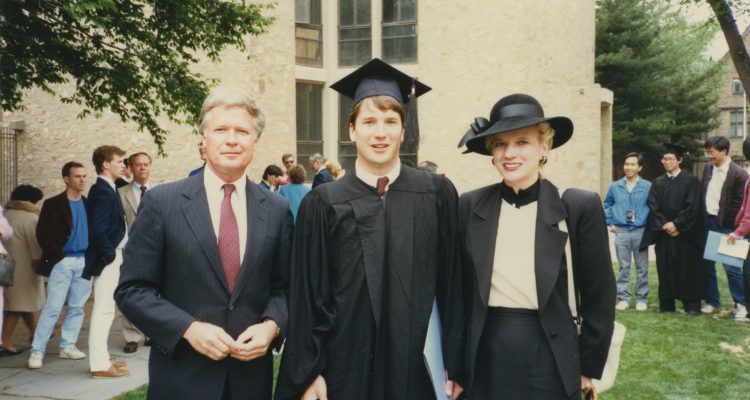Christine Blasey Ford, a 51-year-old research psychologist at Palo Alto University in California, is now willing to testify before Congress that she was sexually assaulted over three decades ago by Supreme Court Justice nominee Brett Kavanaugh. An email sent from her lawyers to the Senate Judiciary Committee confirms that she will be willing to testify the week of Monday the 24th provided she is offered, “terms that are fair and which ensure her safety.” Ford, who claims to have been held down, groped and physically restrained from screaming by Kavanaugh as a teenager, is now receiving death threats.
Kavanaugh has categorically denied these statements, saying, “I did not do that back in high school or at any time.” President Trump responded to the allegations saying “If the attack on Dr. Ford was as bad as she says, charges would have been immediately filed with local Law Enforcement.” Ford has also yet to testify, so it would be unwise to come to judgement before her testimony. That being said, it seems unlikely that Ford is lying in an attempt to slander Kavanaugh; there is no clear motive to do so. Ford is clearly hesitant to go public with the information and was not planning on going public until reporters got ahold of the story. Furthermore, evidence shows that Ford mentioned the sexual assault to her therapist as early as 2012. She even took a polygraph test in August and was not found to be deceiving in any way.
What I would like to point out about this hearing, and the Kavanaugh appointment in general, is that it is a political hearing, not a legal one. The members of Congress who will hear this testimony have no authority to convict Kavanaugh. Although it would be difficult to bring a case that occured over 30 years ago to court, he could still be criminally tried. In essence, this hearing should be about the validity of Ford’s testimony and its impact on Kavanaugh’s credentials to become one of the most powerful people in the country. All things considered, Kavanaugh should not be confirmed to the Supreme Court.
President Donald J. Trump’s administration has been plagued by sexual assault cases, with at least a dozen women accusing the president himself of sexual assault. It would make little sense for the administration to stand by Kavanaugh and risk mobilizing the Democratic base. Furthermore, this is a case that will most likely not have a conclusive decision because of the time that has passed, and it will continue to haunt President Trump and the GOP should Kavanaugh be confirmed.
The hearing also draws comparison to the Anita Hill hearing in 1991. Hill, who claimed Justice Clarence Thomas sexually harassed her during his confirmation hearings, was hardly given justice, faced by an all-male panel and campaigns against her that were “unfair.” Her testimony was dismissed by many senators as being hearsay and Thomas was soon confirmed to the Supreme Court. Although this terrible handling of the Anita Hill hearing can never be redeemed, it would prove a substantial step in the right direction if Kavanaugh were to be denied the Supreme Court position.
Brett Kavanaugh is vying to be one of the most powerful men in the country. Anyone who holds the position of Supreme Court Justice should be morally upright and have as spotless a record as humanly possible. By these standards, Brett Kavanaugh does not appear to be the best person for this job. Congress needs to sincerely listen to Christine Blasey Ford’s account, and, if it appears to be serious, they need to deny Kavanaugh from the Supreme Court position.
Kavanaugh has also recently been accused of sexual assault by Deborah Ramirez regarding an incident while both were attending Yale University, as reported by The New Yorker. Ramirez claims that Kavanaugh exposed himself to her and forced her to touch his genitalia without her consent. As is the case with Ford, the senate should take this allegation seriously and should consider whether Kavanaugh, who has now been accused of two separate instances of sexually assaulting women, is fit to uphold the law of the nation.


Leave a Reply